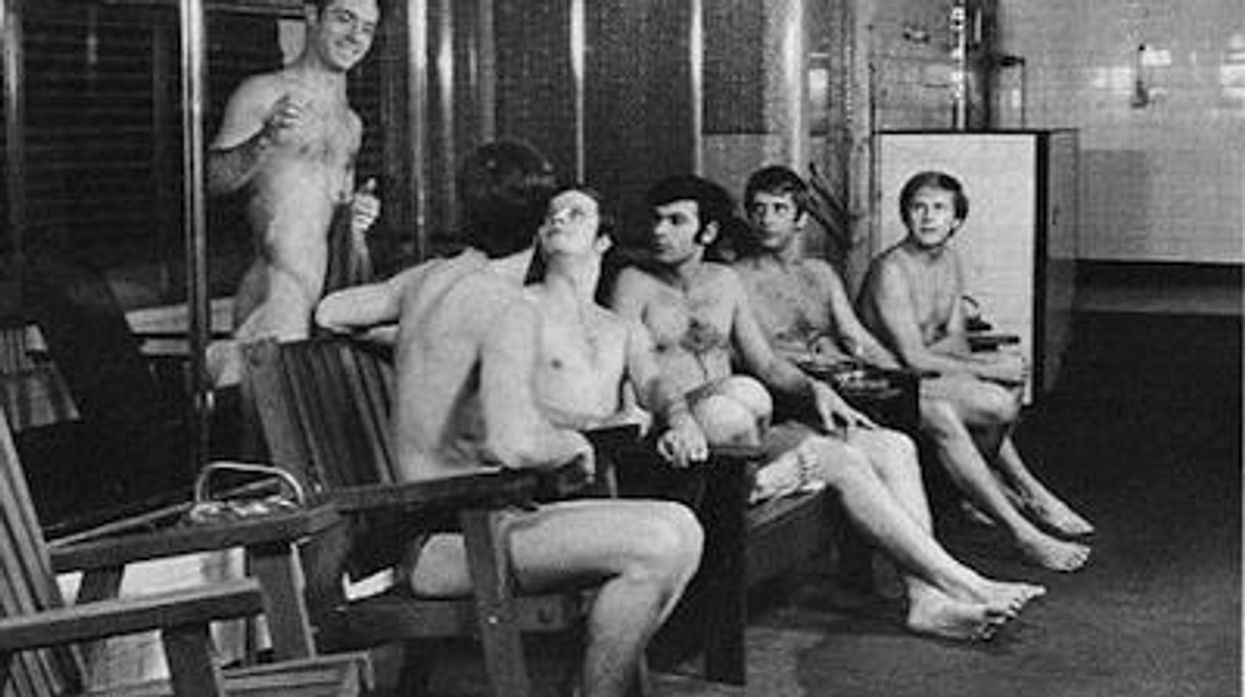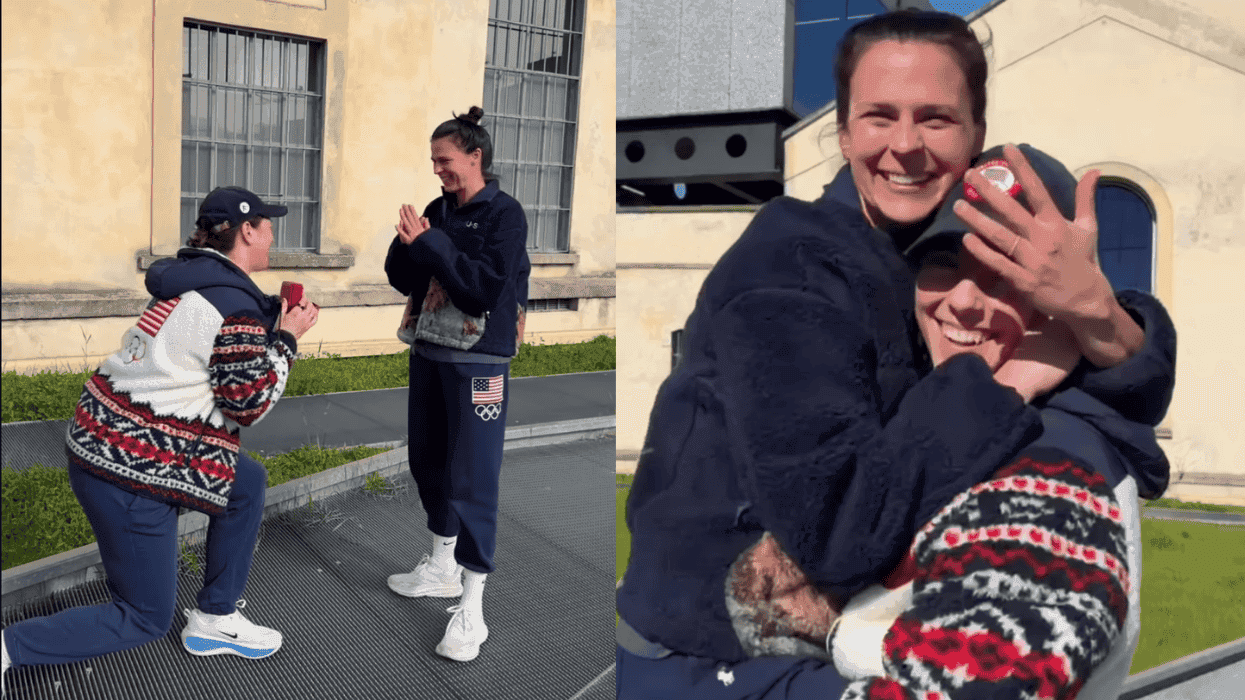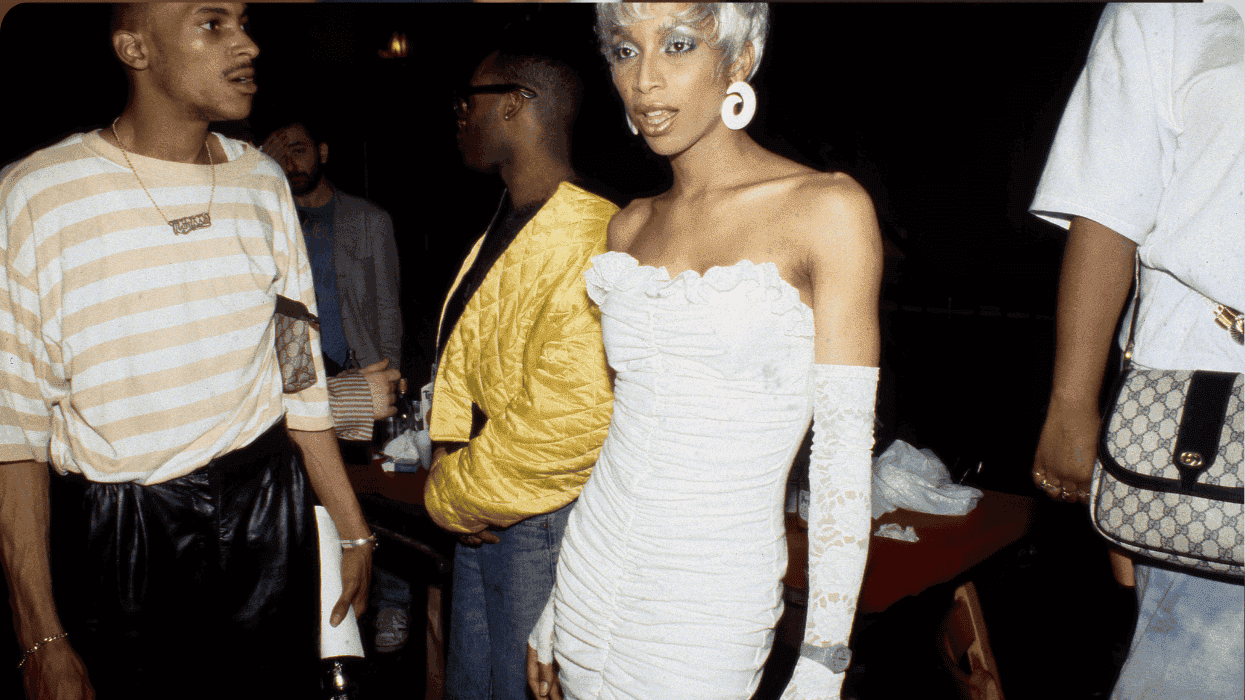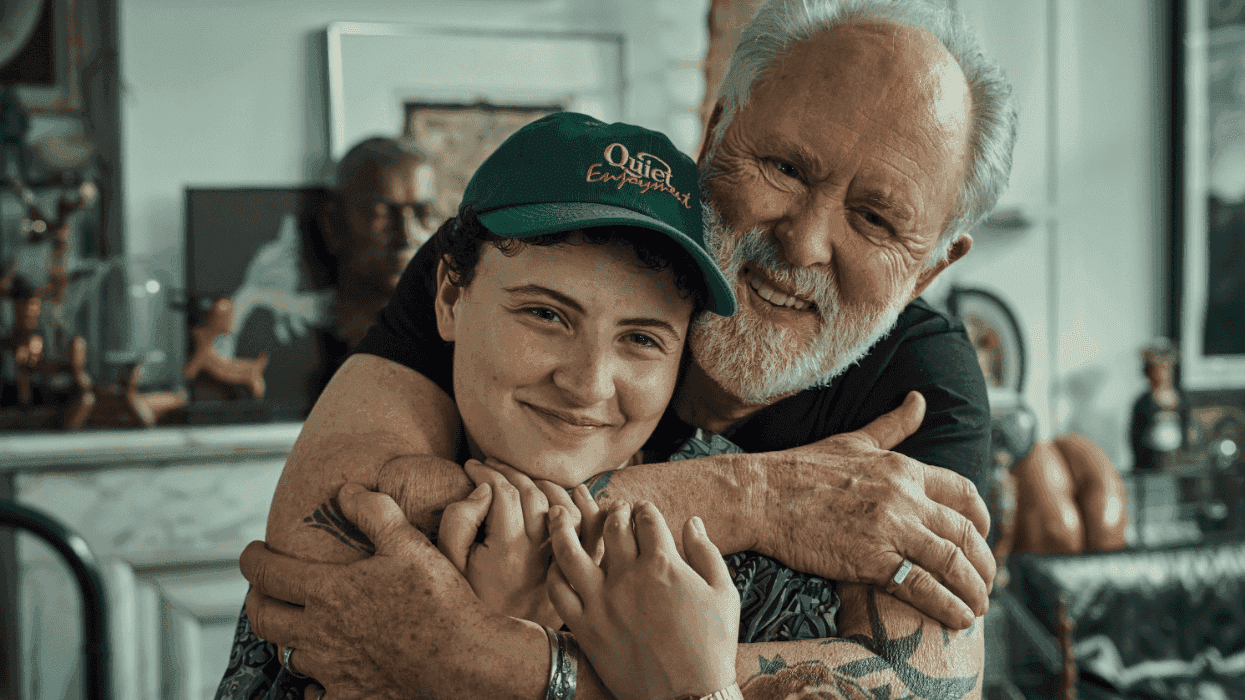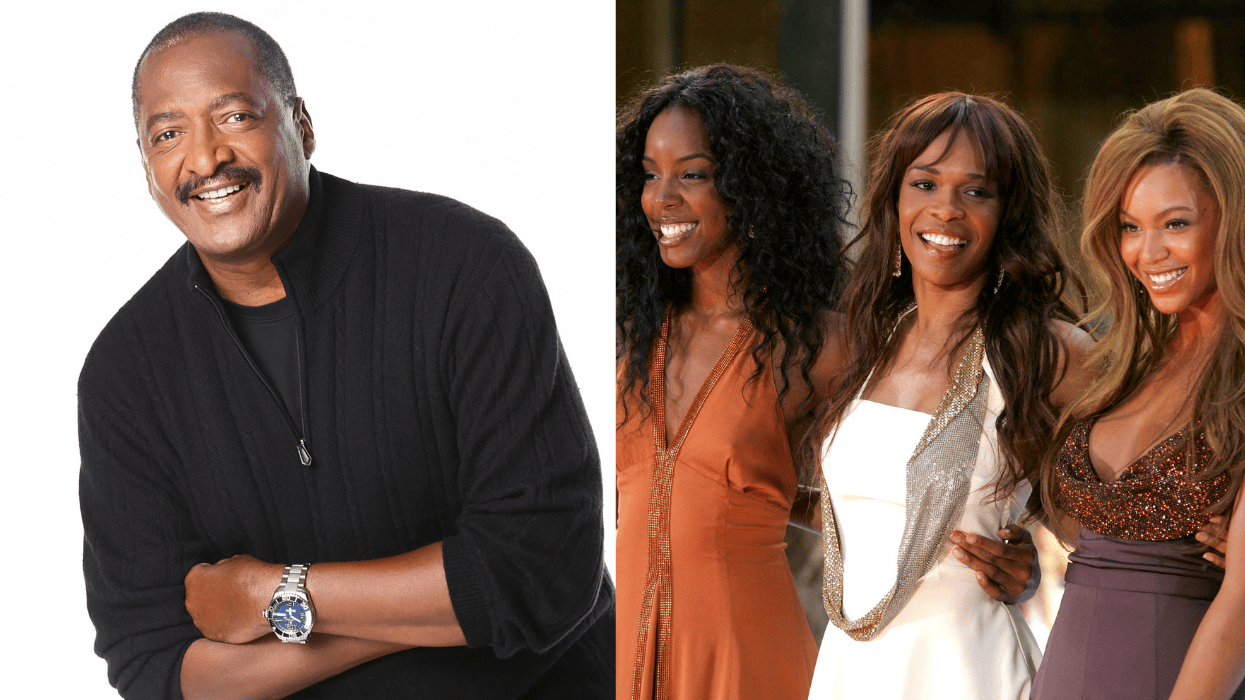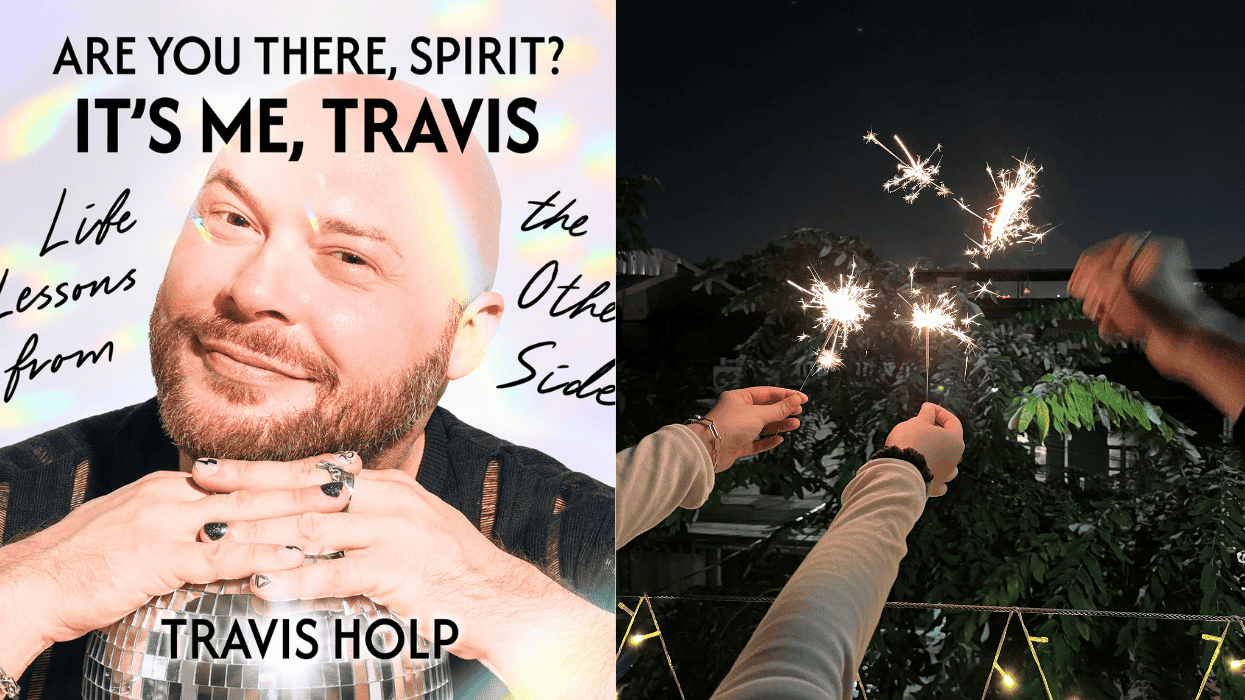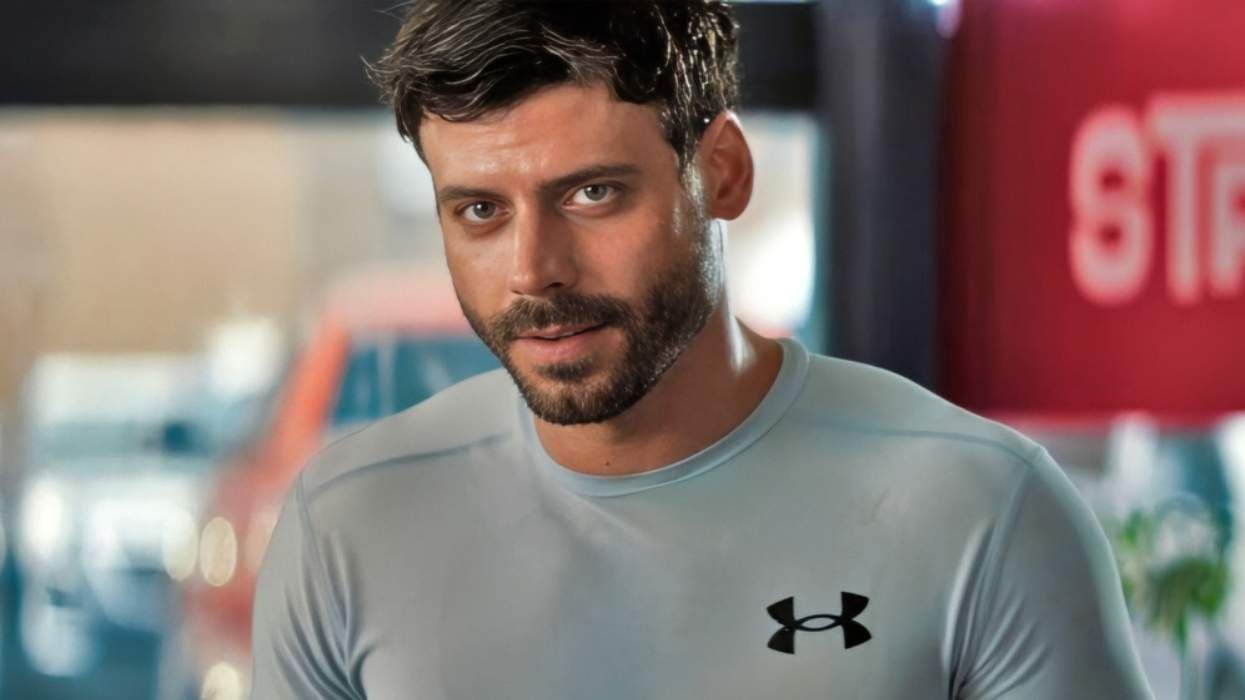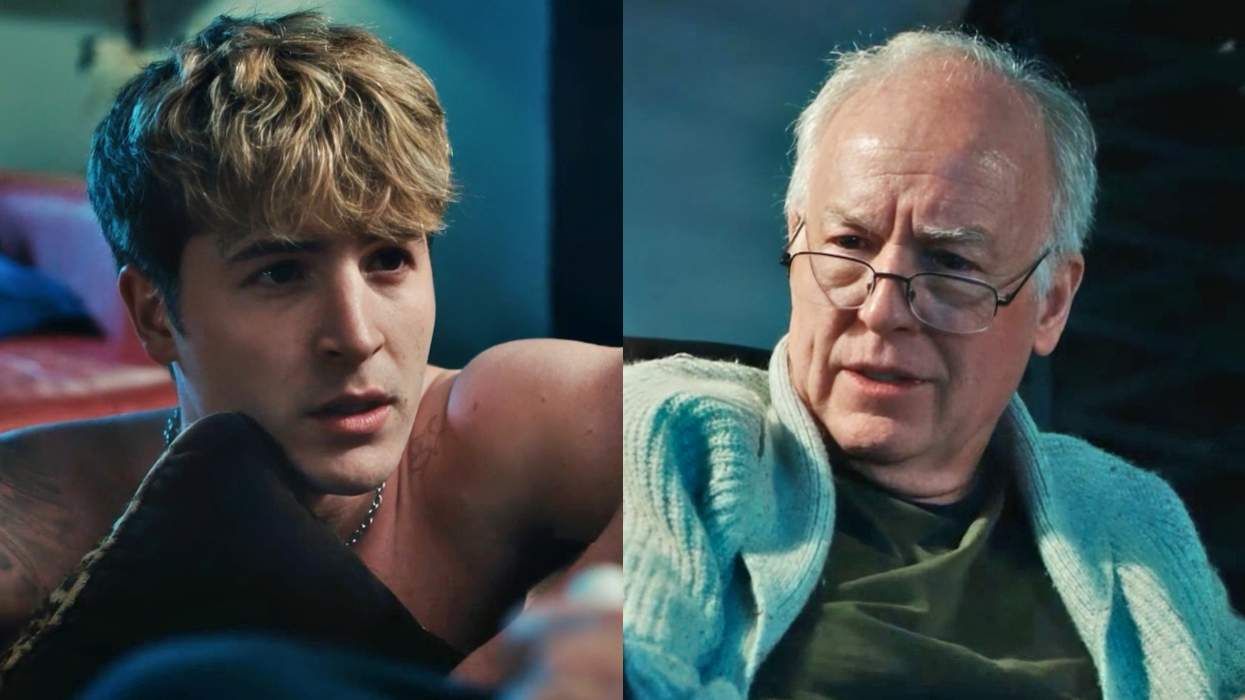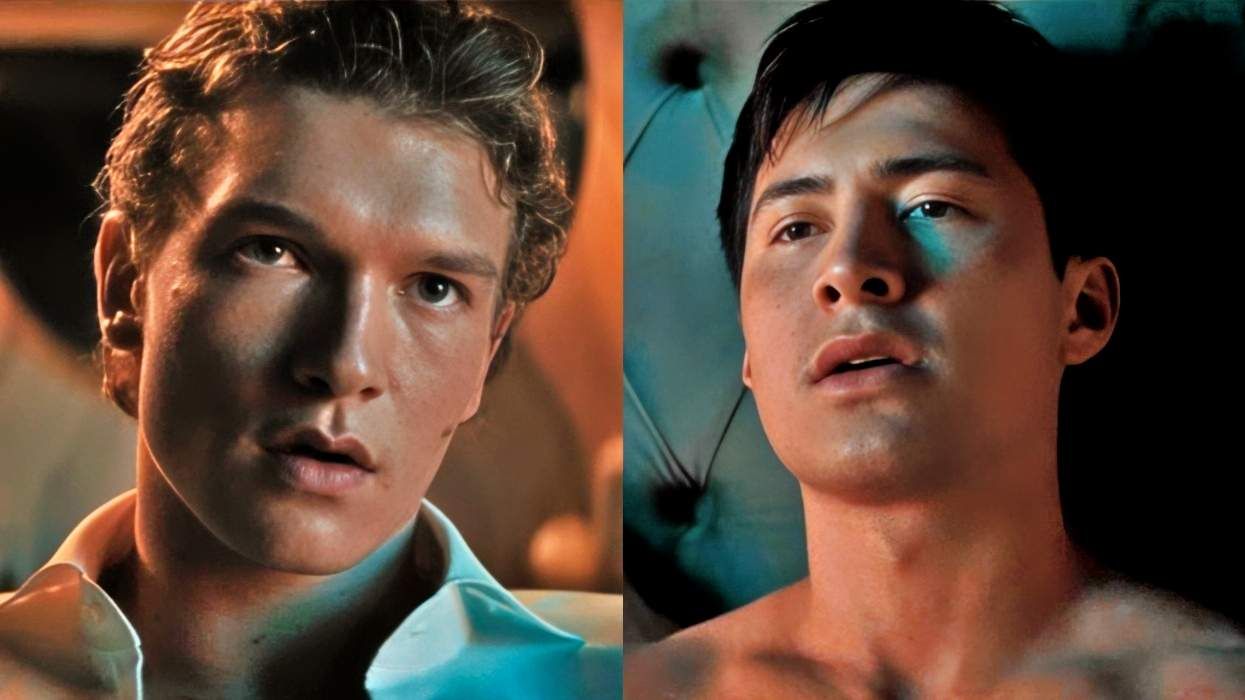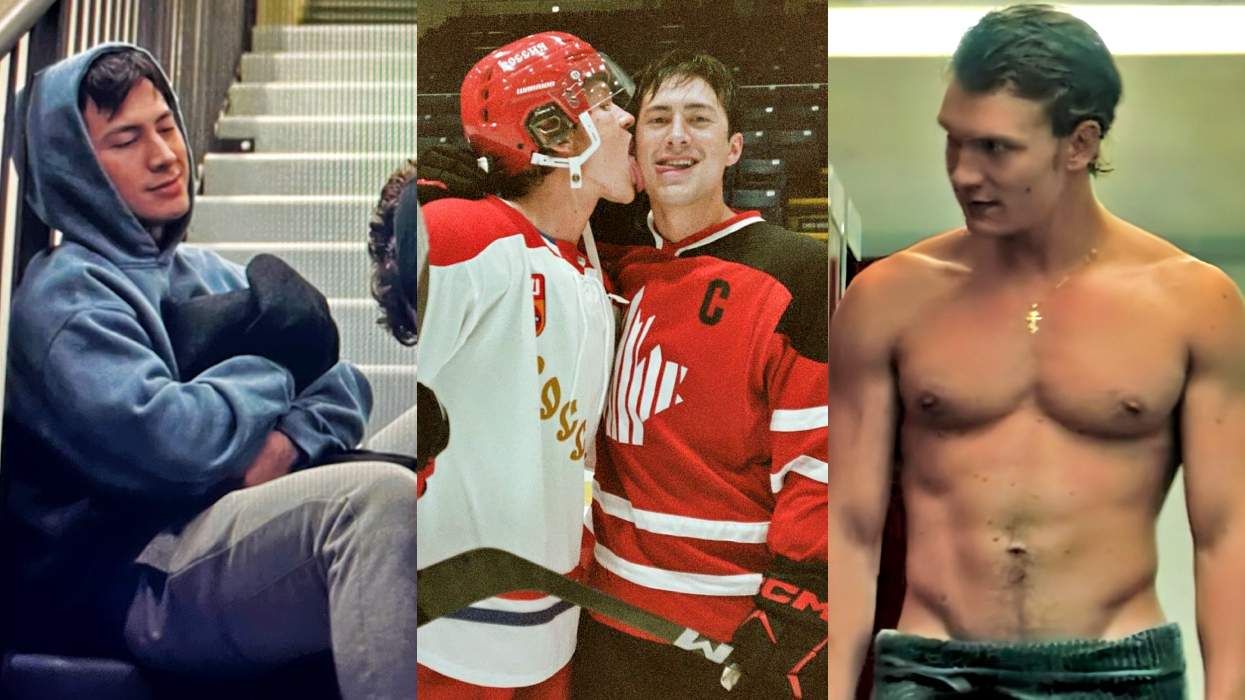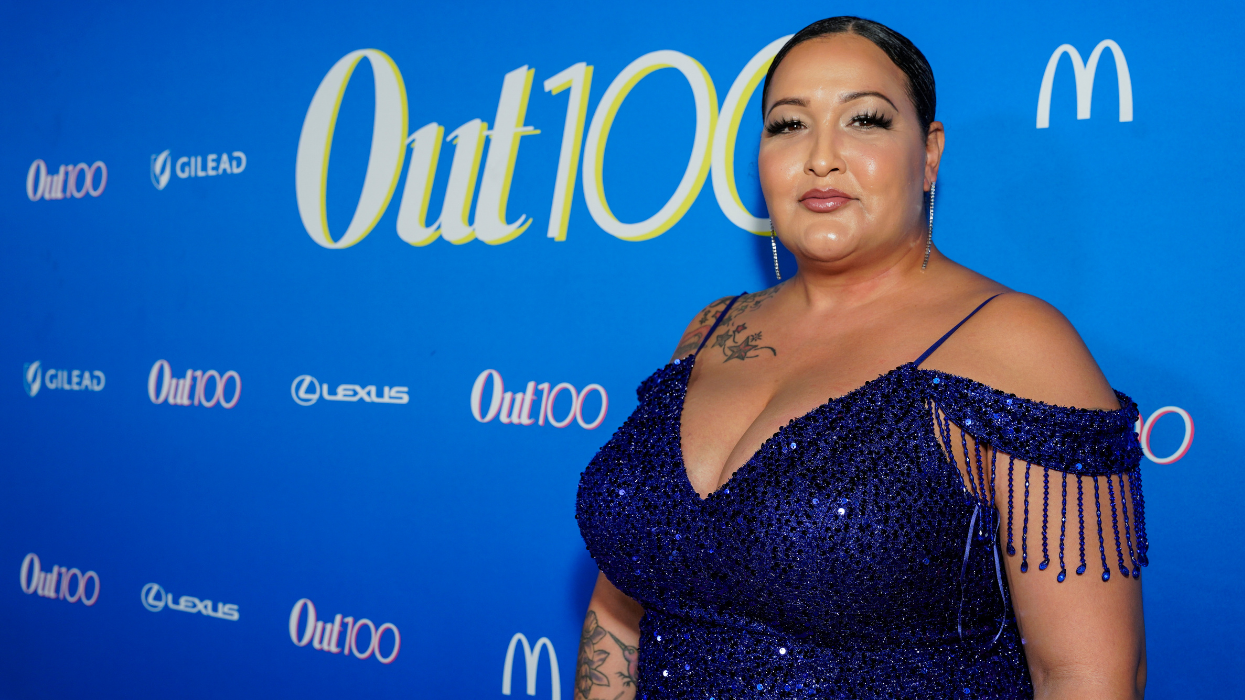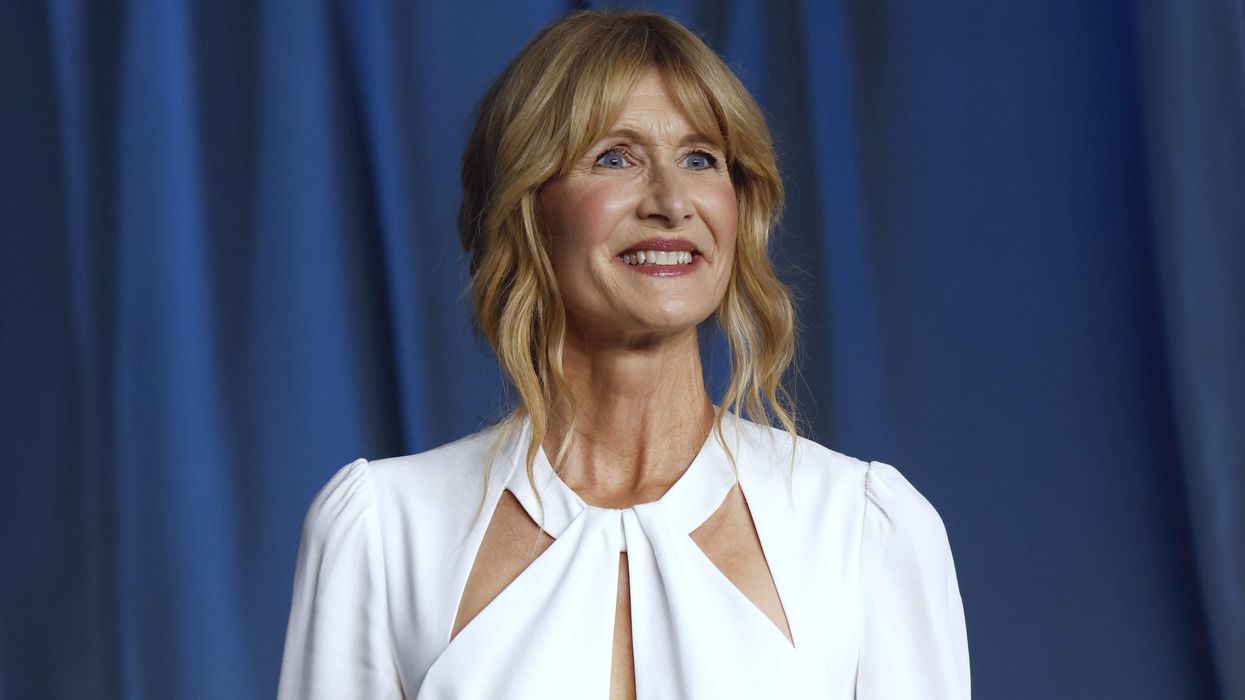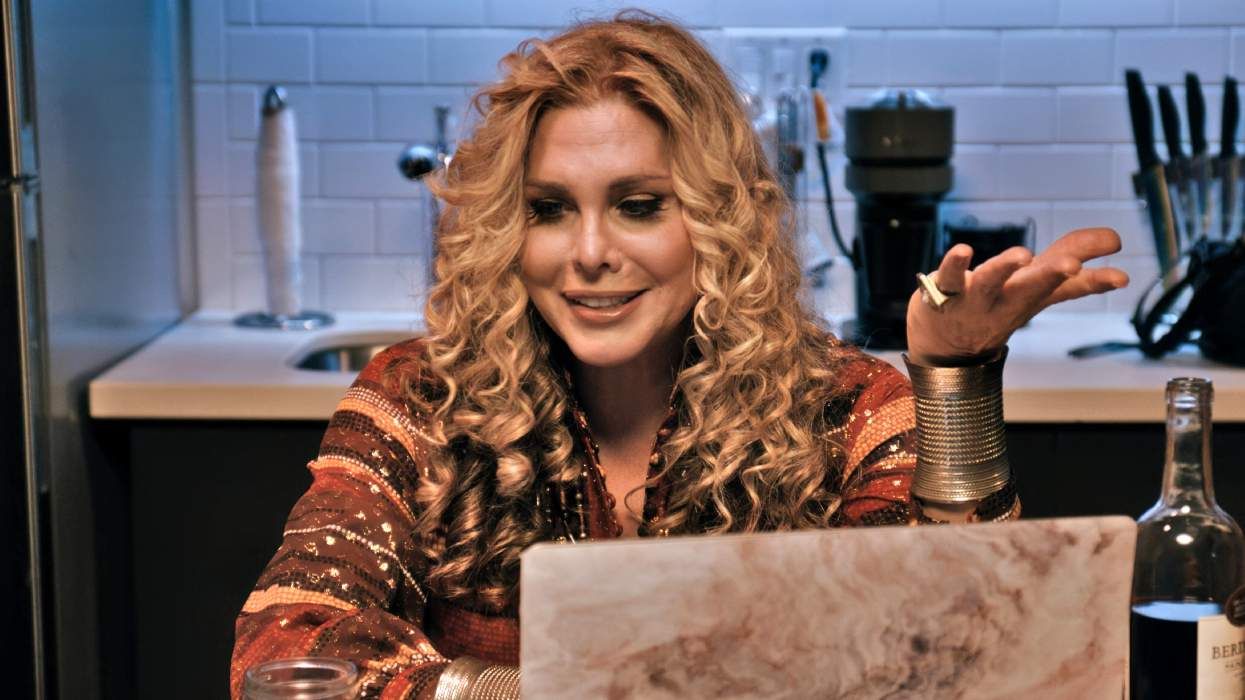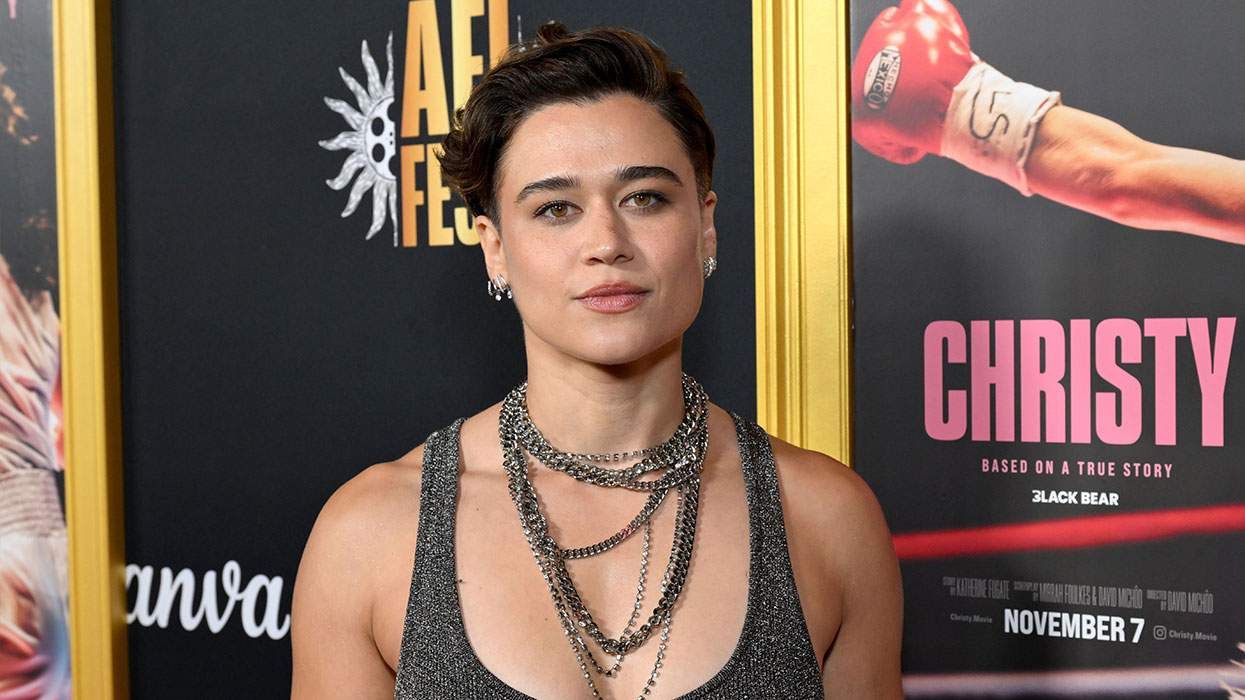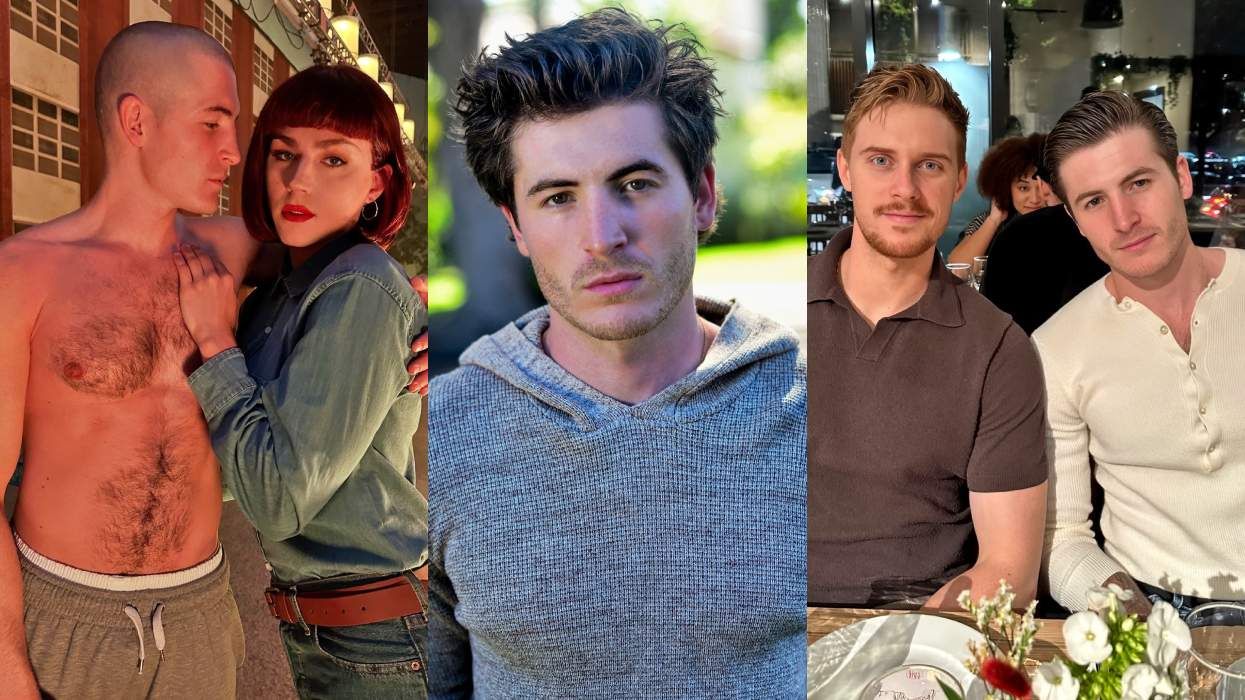Where would Alfred Hitchcock go for a swim, Woody Allen, Diane Keaton, Johnny Carson and many other luminaries hung out while a very young Bette Middler and the surreal and supersonic LaBelle belted Gitchy-gitchy-yah-yah-da-da to thrones of gay men in bathrobes while they frolicked in the worry free days of casual sex during the late 1960s to mid '70s? That place where everyone dared to go was the Manhattan's Upper West Side's Continental, a bathhouse located in the historical Ansonia building. It was the Walt Disney World resort for gay men and, eventually, their heterosexual fan base. Continental is Malcolm Ingram's latest feature, documenting the history of the venue and its owner, Steve Ostrow. If there's ever a list seven wonders of the gay world, the Continental is sure to be in the top three.
Out: I think it's necessary for young gay audiences to know the story about the Continental Baths.
Malcolm Ingram: You gotta know where you came from. Your history is a very important thing. When I was 16 years old, there was no real gay representation. There were movies like Cruising that I could look at, which was really hot to watch, but not necessarily a happy ending for homosexuals. Then Will & Grace came along and it actually served a really great purpose. I had a big problem with it in the beginning, but then I realized what it really acquainted people with. Had I seen Small Town Gay Bar or Continental, I would've seen things that made sense to me in this big, gay world.
How did the idea for your first documentary, Small Town Gay Bar, come about?
I was sitting in a bathhouse in Toronto (both laugh), and I was reading a story in a magazine about a gay bar in a small town five hours from Toronto and it seemed a really interesting story of diversity in the face of adversity. It can't be the easiest thing to open up a bar in a small town, so I figured that it would be an interesting story. I spent five years researching the story.
How did you pick Rumors, as the bar for Small Town Gay Bar?
I would go on Gay.com, to the Mississippi room and ask people. I wasn't focused on a southern bar, I just wanted to find the one and then I connected with the owners of Rumors and from there we just hit it off.
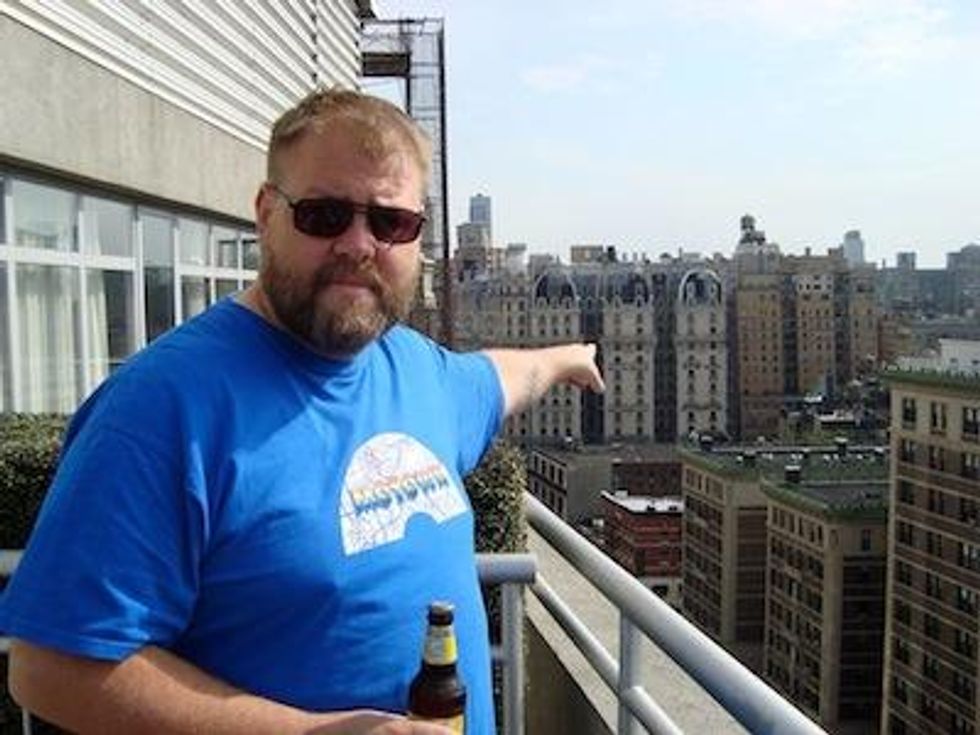
Gay.com was awesome. Does it still exist?
I have no idea... I haven't logged in since, like... 2006...
Well aren't you special? Is it now all about Scruff?
I'm trying to detox from the gay apps. I'm trying to actually hook up in the real world.
It ain't easy girl! It ain't easy...
Well... I like to make things complicated.
Like a good gay does.
How was the reaction to Continental in SXSW?
It went really well, we had one sold out screening. People seemed to really respond to it.
You found your idea for your first documentary sitting around in a bathhouse and now you've actually done a documentary about, probably, the most important bathhouse in history. Do you feel like you've gone full circle?
With Small Town Gay Bar, I was really young and didn't know what was going on and with Bear Nation my motivation was about getting laid. When I finished working in it, I was like "Oh my God"...
With Continental, I feel privileged that I'm telling a piece of gay history that I feel it's really important. I feel really lucky that Steve Ostrow wanted to be a part of it. The movie is a discovery story, there's a lot of information that people don't necessarily know and I am really looking forward to sharing that with people.
Do I feel like I've gone full circle?
Yes, and now I can get the fuck out of making gay documentaries and focus on making money. (both laugh) I've put a lot of thought into this: I've made three gay documentaries, and they've all meant a lot to me, but you can't make a living as a gay documentarian and I guess it's time to move on.
Sometimes it's better to leave on a high note than to drag things out.
Yes. I got to cover three different parts of the gay experience: a social issue, a history, and the bears. All of them had a linking within the gay community.
How was the process of finding Steve Ostrow and the rest of the interviewees?
We found Steve online with the help of my friend Ash Christian, who's a filmmaker. He was really easy to talk to; a bit resilient at first and then he jumped right in. Once he was on-board, he got in contact with everybody with like 80 percent of the people in the documentary. Others, like Edmund White and Michael Musto we tracked down. We found the people that we wanted. It was better to have a limited view of voices, rather than a barrage of voices. Made it easier to get to the point.
How many hours of footage did you shoot?
With Steve alone it was 20 hours.
Any scenes that you regret not including in the documentary that ended in the cutting room floor?
Not really. One thing I've learned as a director is that I'm a ruthless cutter and you have to focused when telling your story. Going on tangents that don't help when narrating a documentary. I had to keep on point.
What happened with Bette Middler and Barry Manilow? Why aren't they in the documentary?
Middler was very busy, and I understand that. The thing about Bette Middler is that the first time that I heard about Continental was that it was the bathhouse where Bette Middler got her start and she was what led me to it.
If you see her VH1 Behind The Music documentary, there was a big portion of it dedicated to the Continental.
She was an incredibly interesting part of that era. She did a lot for it. The great thing about her not being involved in the documentary worked in our favor. She was like, "Listen, it's not really my story." And it's not. It's part of her story, and I think that had I talked to Bette Middler during the beginning of filming, she would've overpowered the documentary and would've made me focus less on Steve Ostrow--and he is really the true story of the Continental. To follow his journey was to really tell the story of Continental. We acknowledged Bette, but she isn't the whole story. If she'd given us access, I probably would've crammed her more and more into the movie.
Marriage equality is all the rage, the media is portraying a whole country moving toward this change. But you have to acknowledge the other side of the coin, gay thinkers like Fran Lebowitz have taken a stern stand against. What do you think that our "forefathers" of gay liberty would think about this new wave of gayness that's the new norm.
I'd like to think that the Stonewall crowd would've preferred to fight for marriage and go to war rather than to take a bunch of meth and go to a gay pride party. Whether you like it or not, the reality is that if you're born into a minority, you are political. Whether you choose to take apart in it, it's up to you, but whether you like it or not, being gay is political. There is a huge number of people who want to deny you your rights and that's a fact. Ultimately, it's up to an individual to want to work to change that or to put their head in the sand. Either option, it's your choice. I chose to get involved. Making these documentaries is my small part to do something.
There's been a new wave of great gay documentaries, including United We Stand to How to Survive a Plague, and now Continental. How do you feel as being part of this moment?
How to Survive a Plague is a brilliant, brilliant film. I was incredibly touched, so empowering. My only argument was that I wished it was a lot longer. The story of the AIDS plague... there are so many heroes that need not to be forgotten and honored. We were victims, the politicians went bananas. Koch, Bush, Regan... The New York Times was saying that he was a positive force in the gay community was nuts...no fucking way! Thank God for How to Survive a Plague to say the truth that Koch was not an ally to gay people.
He was silent.
Not even that! These documentaries need to keep developing so these stories stay fresh in everybody's mind.
Is there anything you wish you could've included in your latest documentary?
I feel that Continental is pretty well rounded. It has a beginning, middle, and end. The documentary ends in a very unexpected turn that I really, really enjoy telling, like it happened in Small Town Gay Bar. But, I don't want to give much away, so...
You gotta give it up to Ostrow. He states that he wouldn't have opened a bathhouse after the gay crisis because he wouldn't want to make a dime from AIDS.
The fact that he didn't continue in the sex trade is really important, because if he had, he would've been a scumbag and it would be impossible to tell his story. How do you tell the story of a guy who profiteers from a plague? You know what I mean?
I didn't include AIDS in the documentary because it wasn't part of the story. And had I done it, it would've been manipulative from my part. The people having sex at the Continental baths did not have sex thinking that something that awful would happen. They had no ideas of the consequences of their actions. AIDS wasn't a consequence of the people who went to this bathhouse. AIDS was a horrible disease that just happened. The fact that it was originally through gay male sex was an unfortunate situation but men having sex with men has happened...
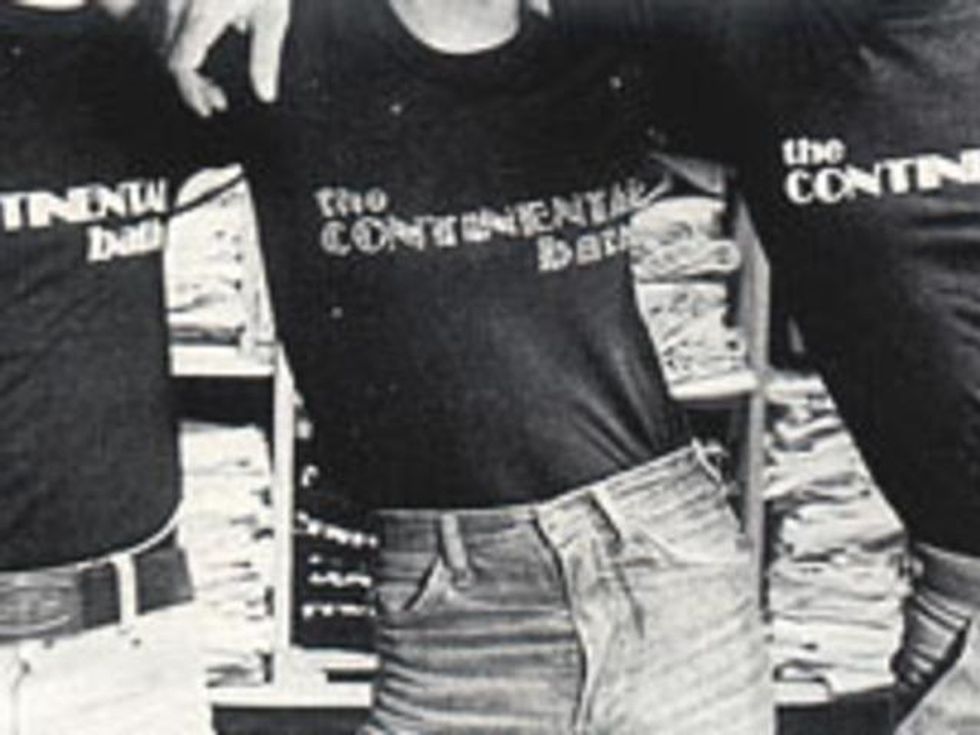
And that's it! Sex is awesome. It's one of the wonderful gifts that we have. If people do it often, then more power to you. Now you have to make choices. The people who lived through the '80s lived with fear because they didn't know if they could make the choice. That's the real tragedy about it. People now know and they have an option if they want to protect themselves or not.
Could a bathhouse, like the Continental, exist nowadays?
No. Nothing like the Continental. The closest thing to it nowadays would be Provincetown.
What's next? Are you working on a new project?
I'm going to meetings, trying to figure things out. I like to keep a queer perspective. It's been a 10-year journey of telling these stories and there really isn't money out there. You have to will the money to get these into existing. Continental almost killed me; I was having panic attacks and all kind of nervous issues.
It was so hard to make and there is still so much to do, and I've yet to raise more money to finish it completely. It's all uphill. It's a privilege to go to film festivals and to kind of make something high profile. I'm not complaining. I'm just coming to a realization in my forties, and the whole world has changed in the industry. I never expected to get rich making these documentaries, but at least I wanted to be able to pay rent. And now, that's even made it impossible. Right now, I just want to make money. I just want to make a living. How do you make a living as a writer?
Uhm...it's a fairytale.
I mean...you live in New York City! (mocking) Do you live in Williamsburg?
No! I live in Fort Greene, but my rent is so ridiculously cheap that friends have even stopped talking to me about it.
Are you a social guy? Are you a drinker?
Not as much as I used to.
Are you a cheap date?
I could be...
(both laugh) I love it!
For more information on Continental Like the Facebook page.
Miguel Figueroa is an editor and writer based in NYC. To check out his work, visit his website www.miguel-figueroa.com


